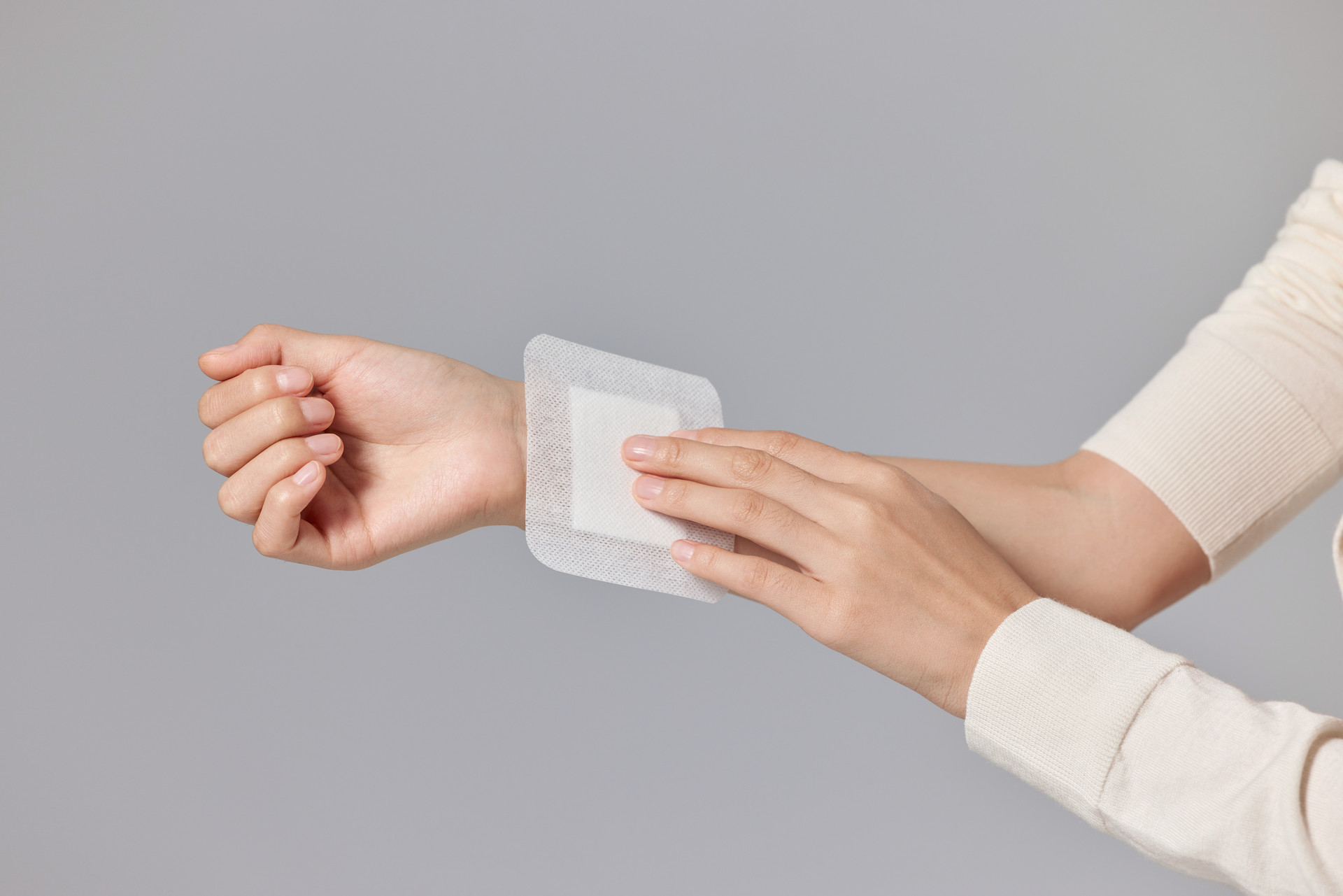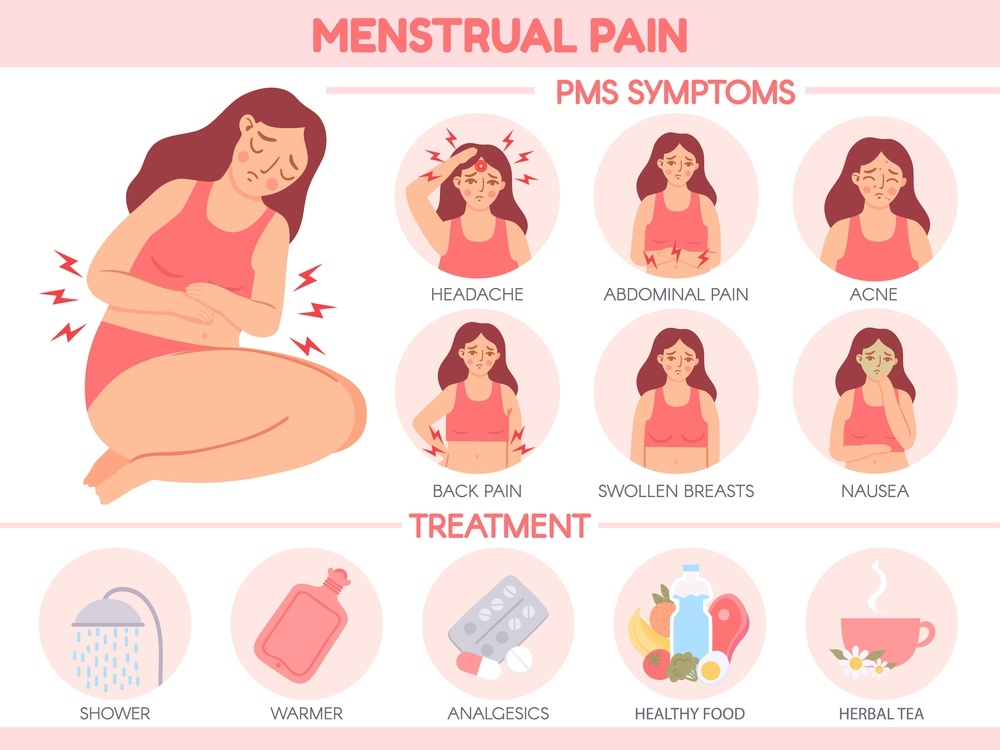Mommy always wants to feed her baby to be smart and strong, but sometimes she may not know that she is doing it inappropriately, resulting in the opposite effect. The following eighteen practices are the common mistakes that mommies often make:
Mistake 1: Eating too many eggs is beneficial
Some parents think that eggs are rich in high-quality protein, which is essential for the baby's growth and development, so they are not afraid to feed the baby with many eggs.
Wise choice: Take babies under 6 months old as an example, their digestive system is not yet fully developed. The albumin in the eggs enters the bloodstream directly through the intestinal wall, stimulating the production of antibodies in the body, leading to adverse reactions such as eczema, allergic enteritis, and wheezing bronchitis.
In addition, excessive consumption of eggs can increase the burden on the digestive tract, resulting in excessive protein content in the body, causing elevated blood ammonia levels and aggravating kidney burden, which may lead to protein poisoning syndrome, causing discomfort such as abdominal distension and limb weakness. Nutrition experts believe that babies aged 1 to 1.5 years old should only eat egg yolks, not more than one per day; babies aged 1.5 to 2 years old should eat one whole egg every other day, and after 2 years old, they can eat one whole egg per day.
Mistake 2: Eating more fish floss is nutritious
Some parents believe that fish floss is rich in nutrients and the taste is suitable for babies, so they should feed the baby more.
Wise choice: Studies have shown that fish floss contains a high level of fluoride. If the baby consumes 10-20 grams of fish floss every day, they will absorb 8-16 milligrams of fluoride from it. In addition to the fluoride intake from drinking water and other foods, the daily intake may reach about 20 milligrams. However, the safe daily intake of fluoride for the body is only 3 to 4.5 milligrams. If it exceeds this safe range, fluoride will accumulate in the body, which may lead to fluorosis in the long run, severely affecting the growth and development of teeth and bones. Normally, fish floss can be used as a seasoning to feed the baby, but it should not be used as a nutritional supplement in large quantities for a long time.
Mistake 3: Eating more liver for vitamin supplementation
Some parents think that animal liver is nutritious and contains a lot of vitamin A, so the more the baby eats, the better.
Wise choice: Studies have shown that the liver has a high permeability. Most of the toxic substances in the blood will enter the liver, so the liver contains several times more toxic substances than the muscles. In addition, the liver also contains special binding proteins with a high affinity for toxins, which can take away the toxins that have already bound to proteins in the blood and store them in liver cells for a long time, greatly affecting health. In fact, a small amount of animal liver can provide a large amount of vitamin A and store it in the liver. Generally, babies under 1 year old need 1300 international units of vitamin A per day, and 1-5-year-old babies need 1500 international units per day, which is equivalent to eating about 12 to 15 grams of animal liver every day.
Mistake 4: Chicken soup is more nutritious than chicken meat
Some parents believe that when feeding chicken to the baby, they should drink more soup and eat less meat because the chicken soup is more nutritious than the chicken meat.
Wise choice: Nutritionists point out that this statement is scientifically unfounded. Although chicken soup is very delicious, the protein content in chicken soup is only 10% of that in chicken meat, and the fat and mineral content is not much either. However, although the nutrition in chicken soup is not as good as chicken meat, the soup can stimulate gastric juice secretion, increase appetite, and help digestion. Therefore, the best practice is to eat both soup and chicken meat together.
Mistake 5: The more vitamins and minerals, the better
Some parents think that the more vitamins and minerals the baby consumes, the better, such as supplementing more vitamin A and D.
Wise choice: Although vitamins and minerals are very important for infants and young children, they should not be consumed excessively or abused, otherwise they will have adverse effects on the baby's body and can cause harm such as vitamin A and D toxicity. Vitamin C has many benefits for the body, but long-term excessive intake will keep the concentration of vitamin C in the blood plasma saturated, and infants are prone to oxalate urine. There are many oral nutritional supplements specially formulated for children on the market, which contain a large amount of vitamins, fats, proteins, and sugars, and have high nutritional value. However, they should not be consumed in large quantities for a long time, otherwise they may cause indigestion, bloating, diarrhea, and hinder the growth and development of children.
Mistake 6: Breast milk is less nutritious than formula milk
Some parents think that breast milk looks thin and not as thick as milk made from formula, so they give up breastfeeding and replace it with formula milk.
Wise choice: Breastfeeding has many benefits for babies. Breast milk contains antibodies that can resist various diseases. It has been proven that babies who are breastfed are less prone to illnesses. Compared with milk, breast milk contains more comprehensive and sufficient nutrients, and babies who are breastfed are generally healthier. Breast milk is also easier for babies to digest and absorb, with the highest absorption rate
| 1 2 3 > >> >>|








